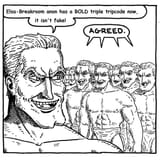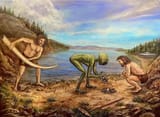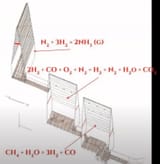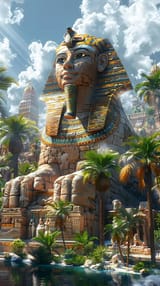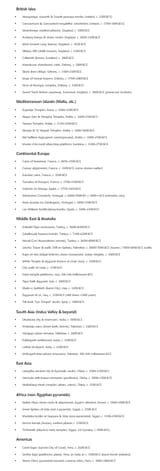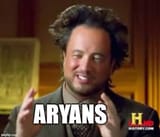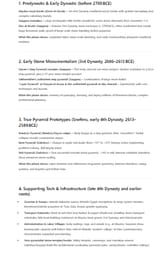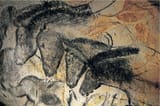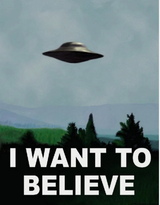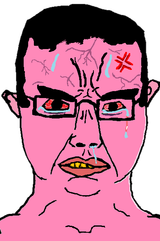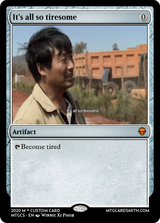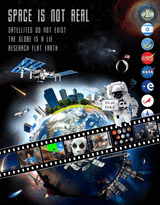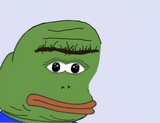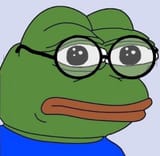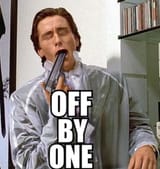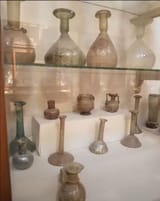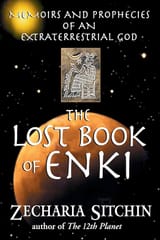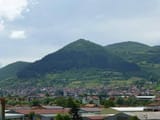Anonymous
(ID: lTUD3Ij2)
 7/26/2025, 3:44:05 PM
No.511418170
>>511418253
>>511418407
>>511418482
>>511418611
>>511418652
>>511418732
>>511418733
>>511418929
>>511418943
>>511418978
>>511419000
>>511419031
>>511419101
>>511419226
>>511419386
>>511419496
>>511419685
>>511420143
>>511420259
>>511420822
>>511420916
>>511421131
>>511421218
>>511421823
>>511421910
>>511421977
>>511422111
>>511422152
>>511422439
>>511423511
>>511423905
>>511423990
>>511424451
>>511424822
>>511425134
>>511425599
>>511426732
>>511427140
>>511427143
>>511427255
>>511427784
>>511428890
>>511429114
>>511429159
>>511429453
>>511429772
>>511434176
>>511436267
>>511436589
>>511436754
>>511439092
7/26/2025, 3:44:05 PM
No.511418170
>>511418253
>>511418407
>>511418482
>>511418611
>>511418652
>>511418732
>>511418733
>>511418929
>>511418943
>>511418978
>>511419000
>>511419031
>>511419101
>>511419226
>>511419386
>>511419496
>>511419685
>>511420143
>>511420259
>>511420822
>>511420916
>>511421131
>>511421218
>>511421823
>>511421910
>>511421977
>>511422111
>>511422152
>>511422439
>>511423511
>>511423905
>>511423990
>>511424451
>>511424822
>>511425134
>>511425599
>>511426732
>>511427140
>>511427143
>>511427255
>>511427784
>>511428890
>>511429114
>>511429159
>>511429453
>>511429772
>>511434176
>>511436267
>>511436589
>>511436754
>>511439092
So modern man, which has existed in this form for 250,000 years has done nothing lasting for 250,000 years, and then overnight he has pulled up 140-metre-high colossal perfect geometric forms out of nowhere in the middle of the desert with perfect orientation and execution. Incredible gigantic objects that for 3,000 years we couldn't even approach from an engineering point of view.
Yeah, it definitely wasn't the aliens....
Yeah, it definitely wasn't the aliens....

